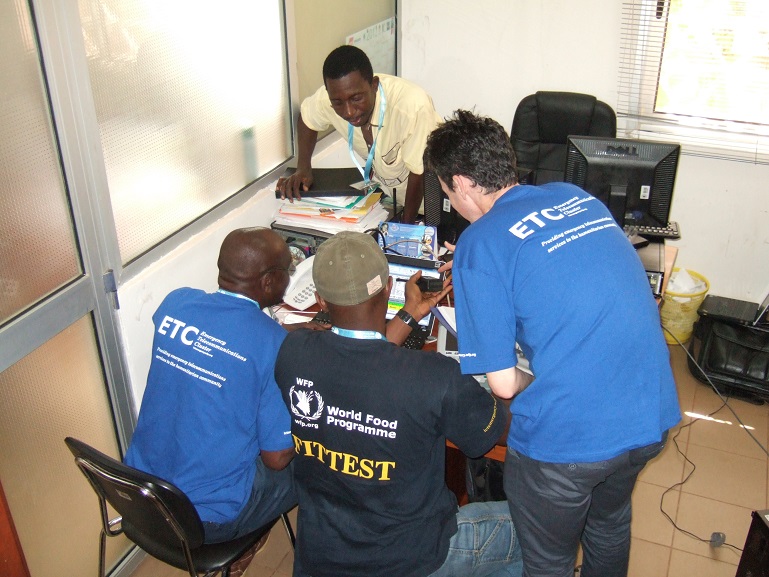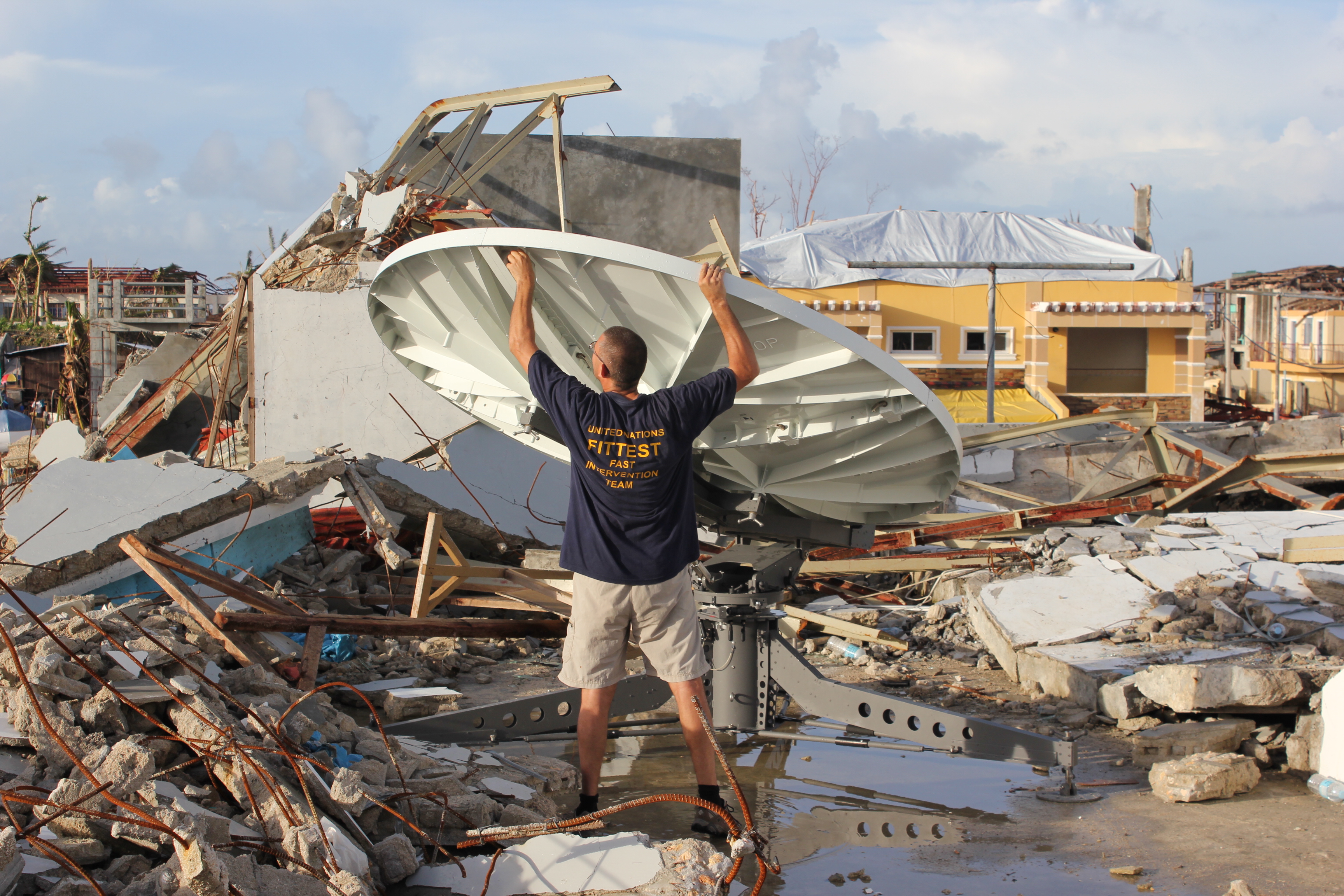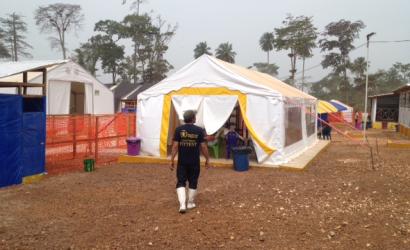The UN World Food Programme (WFP) is nominated global lead of the Emergency Telecommunications Cluster (ETC) responsible for building strong relationships with the partner network and for ensuring predictable and effective inter-agency response.
In addition to its core responsibility of fighting hunger, the WFP is also a leader in the humanitarian community in terms of IT and telecoms in emergencies. In December 2010, WFP was officially nominated as Global ETC lead by the Inter-Agency Standing Committee (IASC).
WFP engages its internal emergency response capacity - the Fast IT and Telecommunications Emergency and Support Team (FITTEST) - to support coordination of field operations and delivery of ETC services.
Predictable Leadership at Global and Local Levels

Global Level
At the global level, the ETC aims to strengthen system-wide preparedness and technical capacity to respond to humanitarian emergencies by ensuring predictable leadership and accountability. WFP is therefore responsible for overall coordination of the ICT response to an emergency where the cluster is activated. In close collaboration with the ETC network of partners, WFP is coordinating ETC 2020 efforts.
As Global ETC Lead, WFP aims to strengthen the Cluster by:
- Implementing streamlined processes and mechanisms
- Fostering inter-agency collaboration
- Improving efficiency and cost effectiveness
- Encouraging inclusive and cohesive responses to emergencies.

The team consists of technical specialists who are experts in their respective fields. In addition to their practical knowledge and experience, because FITTEST arrive at the onset of an emergency, each team member is prepared for the often harsh and hostile situations that they are required to work in. For more information, visit: WFP FITTEST |
Country Level
At the country level, the aim of the ETC is to ensure a more coherent and effective response by mobilizing humanitarian, private sector and government organisations to respond in a strategic manner. Country Level Cluster lead is the ETC member with the best capacity and resources to respond which may not necessarily be the Global Lead. The ETC country lead has responsibility for coordinating the deployment and implementation of security communications and internet connectivity services and also must fulfill the role of ‘Provider of Last Resort'.
The UN High Commissioner for Refugees (UNHCR) is mandated to lead and co-ordinate international action to protect refugees and resolve refugee problems worldwide. As such, in emergencies involving refugee population, UNHCR is local lead of these common operational areas, for example Zataari refugee camp in Jordan.
